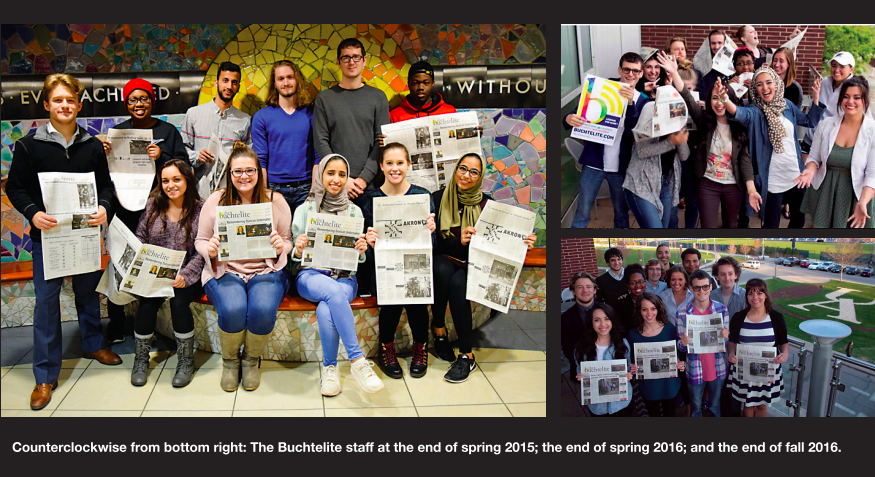“A Special Edition Zipmail was sent to all University of Akron students Wednesday morning informing them of an online scam. The Zipmail was sent in response to students being sent e-mails claiming to be from the university. The fraudulent e-mail told students that if they did not respond and disclose their personal information their account would be deleted.”
“
A Special Edition Zipmail was sent to all University of Akron students Wednesday morning informing them of an online scam.
The Zipmail was sent in response to students being sent e-mails claiming to be from the university.
The fraudulent e-mail told students that if they did not respond and disclose their personal information their account would be deleted.
They asked for students to respond with information including their UA username, password, date of birth and country or territory.
According to Mike Giannone, communication officer for information technology, the e-mail is a typical phishing e-mail.
No e-mail is safe from phishing, including Yahoo, Gmail, Hotmail or any other personal account, including UA’s Webmail service.
As defined by an information technology services page, phishing is a process by which someone obtains private information through deceptive or illicit means in order to falsely assume another person’s identity.
Giannone said the fraudulent e-mail was not sent through a university account.
He pointed out that the e-mail could have been sent from anywhere in the world.
Chris Tankersley, Director of New Student Orientation, has set up an anti-phishing program to educate incoming students on identity theft. He said that the look of these e-mails could change. His advice?
If it looks funny, let someone know.
Tankersley offered additional advice, telling students to be very vigilant about posting personal information when responding to e-mails received from an unknown source.
Students should also keep in mind that the university will not request an individual’s password through e-mail.
According to the Tankersley, if students receive an e-mail that they suspect to be fraudulent they should contact Information Technology Services at (330) 972-6888.
“



